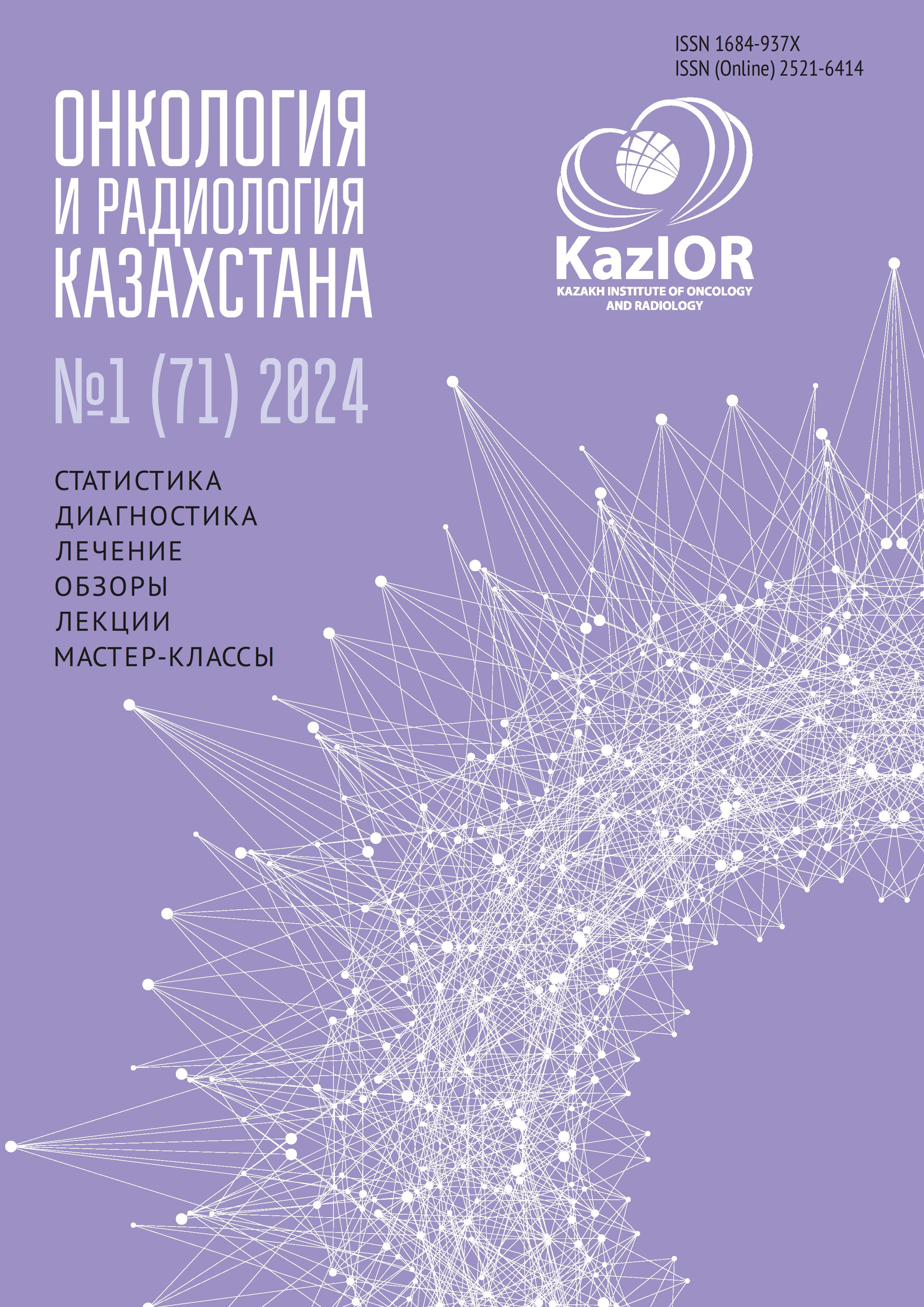Genetic mechanisms of hepatocellular carcinoma: A literature review
DOI:
https://doi.org/10.52532/2521-6414-2024-1-71-46-50Keywords:
hepatocellular carcinoma, liver cancer, gene, risk factorAbstract
Relevance: Hepatocellular carcinoma (HCC) is the most common form of primary liver malignancy. This form of liver cancer is characterized by rapid progression and poor survival prognosis. Understanding the genetic mechanisms that underlie HCC is of great importance for developing new diagnostic and therapeutic approaches.
The study aimed to study the genetic factors in the development of hepatocellular carcinoma.
Methods: This review used various sources of literature, including scientific articles and reviews. We reviewed the results of scientific and clinical studies published in 2018-2023 and indexed in the PubMed, Cochrane library, Scopus and Web of Science databases, using the keywords “hepatocellular carcinoma,” “genes,” and “genetic predictors.” Inclusion of articles in the review was based on their content and relevance to the research topic.
Results: Various genes associated with hepatocellular carcinoma were analyzed, including genes frequently mutated in HCC, as well as genes that play a role in the regulation of cell growth, apoptosis, metastasis, and invasion. Epigenetic changes such as DNA methylation and chromatin modifications have been investigated. The roles of microRNAs, long non-coding RNAs, circulating microparticles and other biomarkers in the diagnosis and prognosis of HCC were also reviewed.
Conclusion: The materials and methods used in this review allowed us to cover a wide range of genes and molecular mechanisms associated with hepatocellular carcinoma. Understanding these mechanisms plays an important role in the development of new diagnostic and therapeutic approaches to combat this dangerous form of liver cancer. Further research in this area will help expand our knowledge base and improve the HCC treatment.

